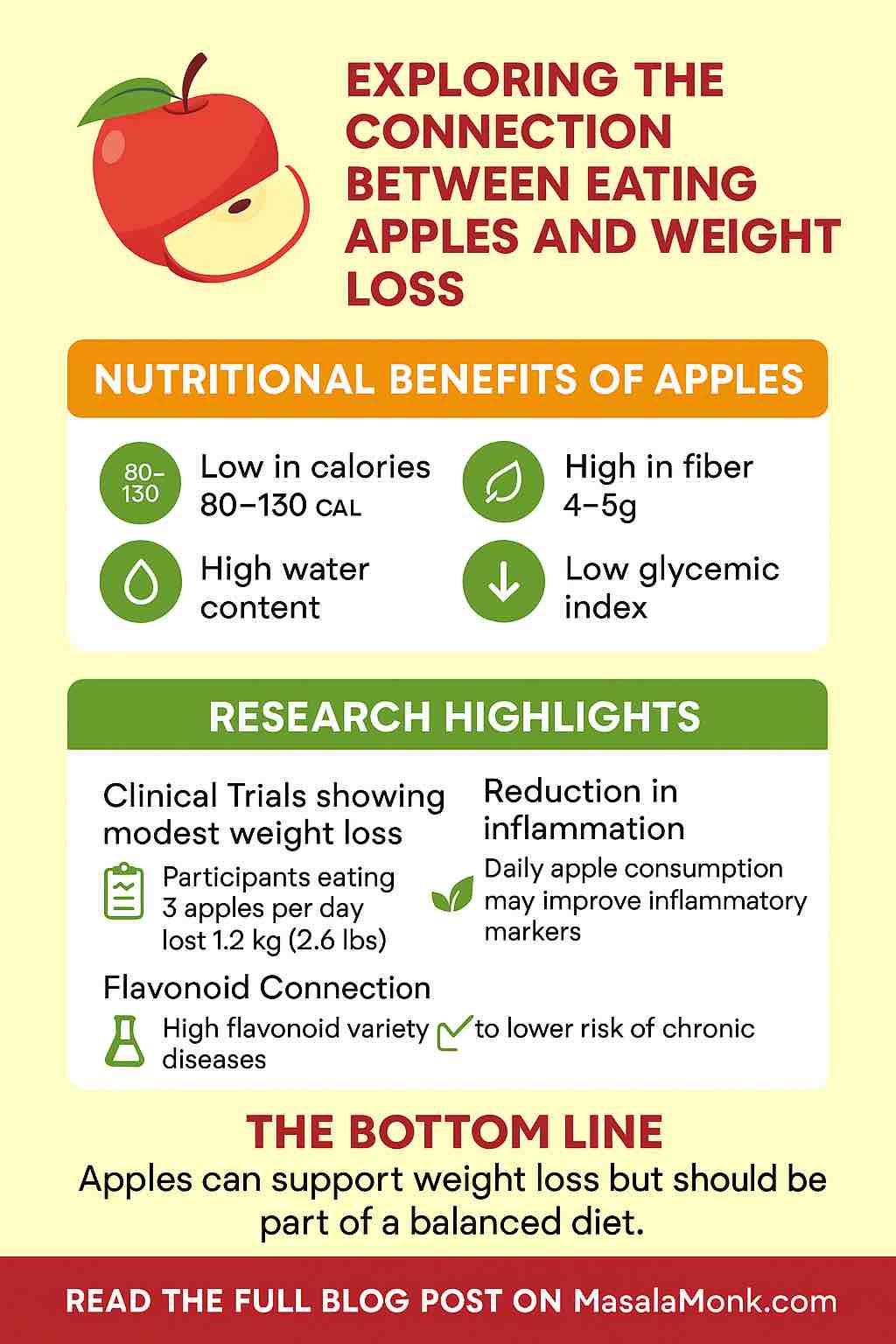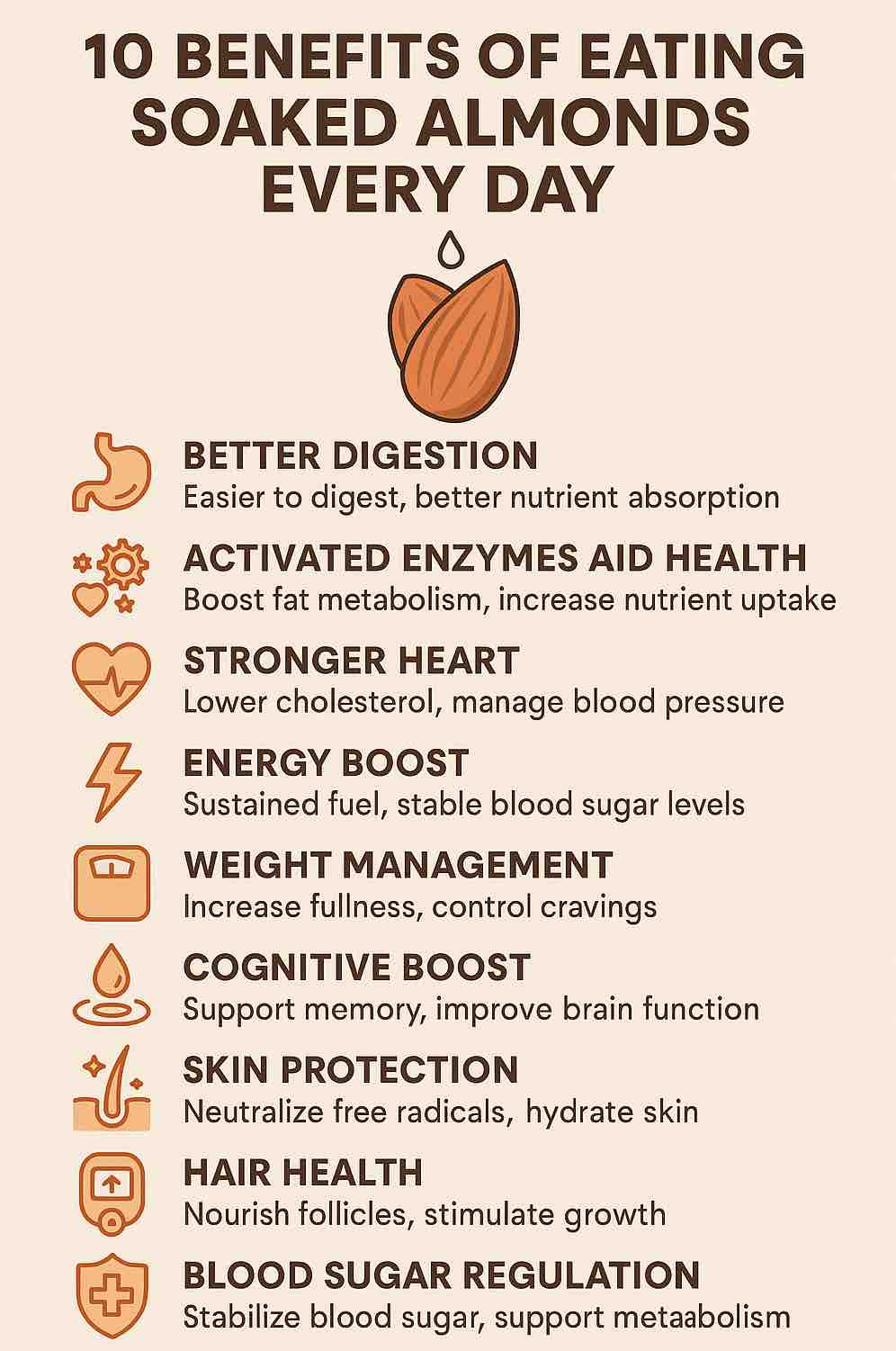
“Sugar is the new smoking.”
We’ve all heard variations of this phrase thrown around. But is it sensationalism or science? And what really happens to your body, your mind, and your daily life when you reduce or eliminate added sugar? Today, let’s take a full journey—science-backed, but deeply practical—on what to expect when you cut out sugar, how to do it sustainably, and how to actually enjoy the process.
🍭 Why Is Sugar Such a Problem?
Added sugar—especially the refined kind found in packaged foods, desserts, sugary drinks, and processed snacks—doesn’t just add empty calories. It hijacks your metabolism, gut health, hormones, skin, brain chemistry, and more.
Some hard-hitting facts:
- Even one sugary drink a day increases your risk of type 2 diabetes by 25–30%.
- Liquid sugars (soda, juices, sugary teas) are absorbed rapidly, causing insulin spikes, weight gain, and visceral fat accumulation.
- Sugar contributes to fatty liver disease, heart disease, metabolic syndrome, premature aging, and cognitive issues.
- The more sugar you eat, the more your brain craves it due to dopamine reward cycles.
🚩 Short-Term Benefits of Cutting Out Sugar
The changes happen surprisingly fast. Here’s a rough timeline of what your body experiences after you stop eating added sugar:
| Time Frame | What Happens |
|---|---|
| Day 1-3 | Cravings peak. You may feel irritable, tired, even “foggy.” Your body is adjusting. |
| Day 4-7 | Energy levels start stabilizing. Less bloating. Blood sugar becomes more stable. |
| Week 2 | Cravings subside. Skin starts clearing. Mood improves. Brain fog lifts. |
| Week 3-4 | Noticeable fat loss, especially around the belly. Energy is consistent throughout the day. Sleep may improve. |
| Month 2+ | Blood pressure improves, triglycerides lower, and inflammation decreases. Long-term metabolic benefits kick in. |
🧪 The Science: Why Sugar Reduction Works
- Weight loss: Without added sugar, you naturally cut down on hundreds of empty calories daily. Studies show that replacing sugary drinks with water can lead to 2–5 kg weight loss over several months—even without formal dieting.
- Metabolic reset: Blood glucose stabilizes, insulin sensitivity improves, and your pancreas gets a break.
- Reduced inflammation: Sugar increases inflammatory markers like CRP; reducing it lowers your chronic inflammation load.
- Liver healing: Cutting sugar helps reduce liver fat—a major driver of metabolic dysfunction.
- Skin and aging: Lower sugar means fewer advanced glycation end-products (AGEs), resulting in better skin elasticity and slower aging.
🧠 What About Your Brain and Mood?
Many worry about the mental effects of reducing sugar, and it’s true: initially, your mood may take a hit as your brain resets dopamine receptors that have been overstimulated by sugar.
However, after the adjustment phase:
- You experience fewer energy crashes.
- Mood becomes more stable.
- Mental clarity improves.
- Emotional resilience increases.
🛠 Practical, Real-Life Strategies for Cutting Sugar
Let’s get beyond theory. Here’s how you can practically cut sugar without losing your sanity (or social life):
1️⃣ Don’t go cold turkey — start gradual
- Halve the sugar in your coffee or tea first.
- If you’re used to two spoons, reduce to one for a week, then to half.
- Allow your taste buds to adapt.
2️⃣ Target your biggest sugar bombs first
- Sweetened beverages (soda, packaged fruit juices, sugary lattes, sweetened yogurts).
- Packaged snacks (breakfast cereals, protein bars, sauces, ketchup).
Pro tip: Simply cutting out sugary drinks can eliminate 30–50% of your added sugar intake.
3️⃣ Swap with smart alternatives
- Use spices like cinnamon, cardamom, and nutmeg to enhance sweetness naturally.
- Replace sugary drinks with infused water (mint, lemon, cucumber).
- Snack on nuts, seeds, or Greek yogurt with a drizzle of honey (sparingly).
4️⃣ Read labels carefully
- “No sugar added” doesn’t mean sugar-free.
- Watch for hidden sugars: glucose, fructose, dextrose, maltose, corn syrup, agave.
- If sugar is one of the first three ingredients, avoid it.
5️⃣ Use sweeteners strategically (but sparingly)
- Stevia, monk fruit, erythritol can help during transition.
- Avoid overconsumption of artificial sweeteners like aspartame, which may affect gut health long-term.
6️⃣ Stabilize blood sugar with meal order hacks
- Eat fiber-rich veggies and protein before carbs.
- This slows digestion and reduces glucose spikes.
7️⃣ Harness traditional tools (especially for Indian households)
- Methi (fenugreek) water: helps stabilize fasting blood sugar.
- Jamun seed powder: supports insulin function.
- Gymnema sylvestre (gurmar): can suppress sweet cravings.
8️⃣ Stay socially flexible
- If you’re at a family function or festival, enjoy small portions mindfully.
- Eating a sweet along with a meal is metabolically better than having it alone on an empty stomach.
🧩 The Middle Path: You Don’t Need to Eliminate Sugar Completely
Recent studies suggest that consuming 5–7% of your daily calories from sugar may actually strike a safe balance for most people.
- For a 2000 calorie diet, that’s about 25–35g of added sugar daily.
- This allows for occasional treats while still getting most of the metabolic benefits.
The key: avoid habitual, mindless sugar consumption.
🚀 A 30-Day Sugar Reduction Challenge
| Week | Focus | Key Actions |
|---|---|---|
| Week 1 | Awareness | Track sugar sources; cut beverage sugars; halve tea/coffee sugar |
| Week 2 | Liquid Detox | Fully eliminate sugary drinks; start infused waters |
| Week 3 | Processed Foods | Read labels; eliminate packaged snacks |
| Week 4 | Maintenance | Build sustainable habits; add fiber/protein; allow occasional mindful treats |
📊 Track Your Progress
- Monitor weight, waist circumference, and how your clothes fit.
- Keep a cravings journal.
- Reflect weekly on mood, sleep, energy, skin changes.
- If possible, check HbA1c or fasting glucose every 3 months.
🌟 What You Gain is Far Bigger Than What You Give Up
By cutting back added sugar, you’re not just preventing disease—you’re improving:
- Energy
- Skin
- Mood
- Focus
- Sleep
- Immunity
- Longevity
And yes — you will enjoy your food even more.
🔑 Closing Thought
You don’t need to fear sugar — you need to respect it.
A balanced, mindful approach—grounded in science and real-life practicality—gives you all the benefits without feeling restricted. Start with small changes, be patient, and watch your body transform itself.
Frequently Asked Questions (FAQs)
1️⃣ How much sugar is safe to consume daily?
For most adults, limiting added sugar to 25–35 grams per day (5–7.5% of daily calories) is both safe and sustainable. The World Health Organization recommends keeping it under 10% of daily calories, ideally aiming for 5% for maximum health benefits.
2️⃣ What are hidden sources of sugar I should watch out for?
Watch out for sugar in:
- Sauces (ketchup, salad dressings)
- Flavored yogurt
- Breakfast cereals
- Packaged snacks and energy bars
- Fruit juices and smoothies
- Breads and bakery items
Always read ingredient labels carefully.
3️⃣ Is jaggery or honey healthier than white sugar?
While jaggery and honey contain trace minerals and have a slightly lower glycemic load, they are still forms of added sugar. Use them sparingly and don’t assume they’re automatically healthy when overconsumed.
4️⃣ Can I completely eliminate sugar from my diet?
Technically yes, but it’s not necessary. Moderate, mindful consumption of natural sugars, occasional treats, and fruits is perfectly fine for most people. Extreme elimination may be unsustainable long-term.
5️⃣ What happens if I suddenly stop eating sugar?
You may experience withdrawal symptoms for 3–7 days: headaches, irritability, fatigue, and cravings. After this period, most people report better energy, clearer thinking, and reduced cravings.
6️⃣ Are artificial sweeteners safe?
Low-calorie sweeteners like stevia and monk fruit are generally safe in moderation. However, artificial sweeteners like aspartame or sucralose may have mixed effects on gut health and long-term metabolic markers. Use them as transitional tools, not lifelong crutches.
7️⃣ Does eating fruit count as sugar intake?
No, whole fruits are not part of added sugar limits. Fruits contain fiber, vitamins, and antioxidants that slow sugar absorption. Fruit juice, however, is more concentrated and should be limited.
8️⃣ How long does it take to see weight loss after cutting sugar?
Many people notice initial weight loss within 2–4 weeks, especially if liquid sugars are eliminated. Sustained fat loss continues as your insulin sensitivity improves and cravings decrease.
9️⃣ Is sugar the only thing I need to cut for better metabolic health?
No. Reducing sugar is one powerful step, but overall metabolic health also depends on:
- Eating whole foods
- Balancing protein, fiber, and healthy fats
- Regular physical activity
- Managing stress and sleep
🔟 Can I enjoy sweets at festivals or social gatherings?
Yes — but be mindful. Enjoy small portions, preferably after a meal (not on an empty stomach). Occasional indulgence is sustainable and helps avoid binge-restrict cycles.














